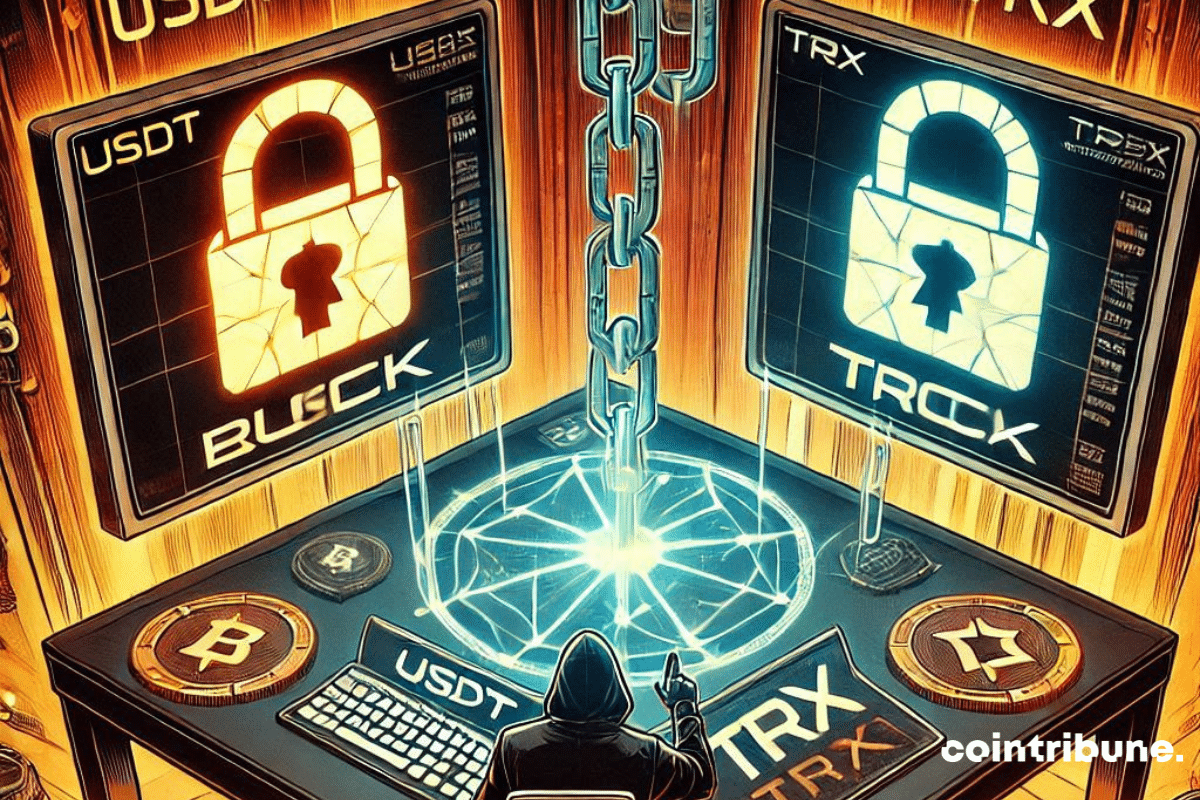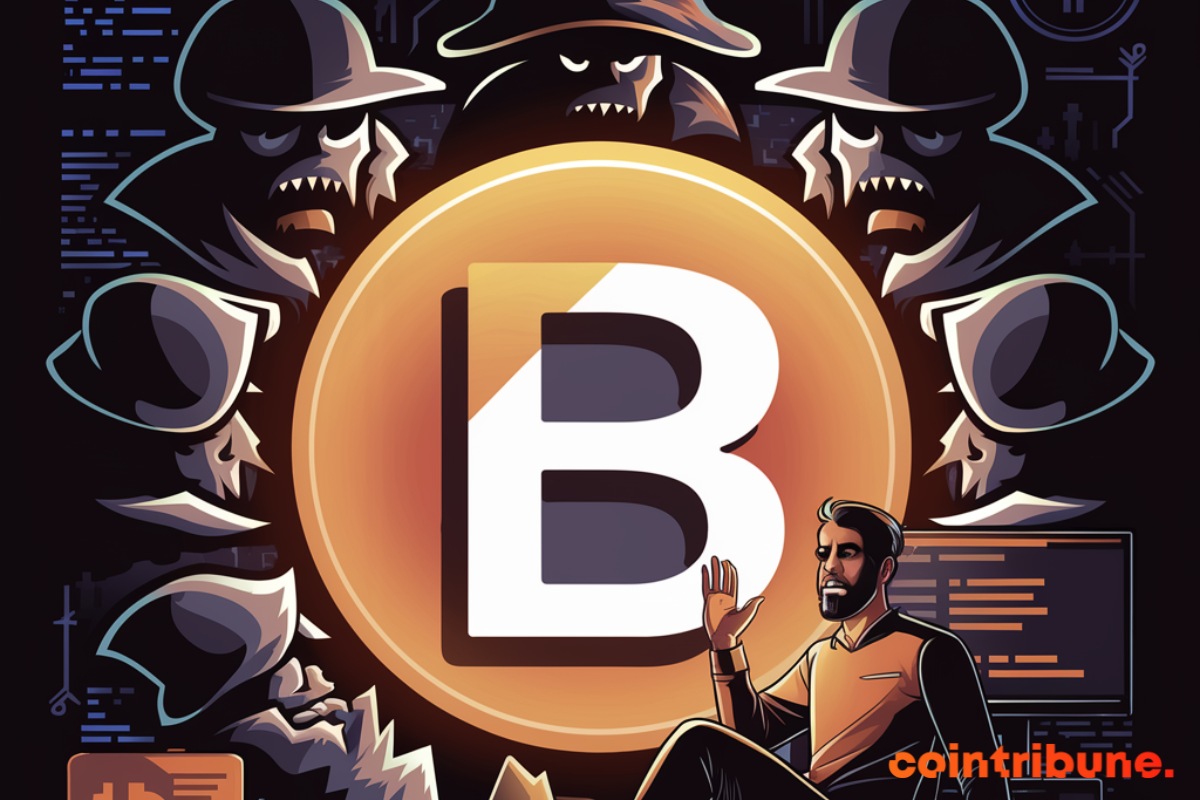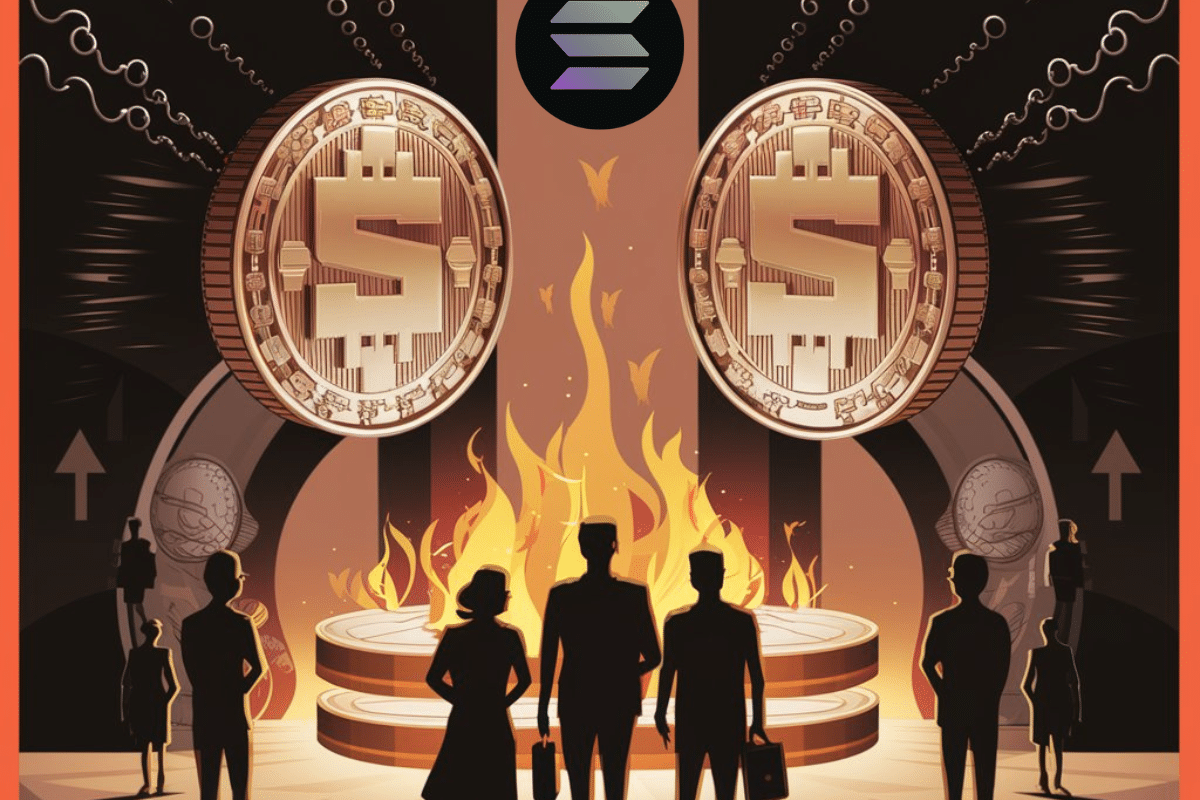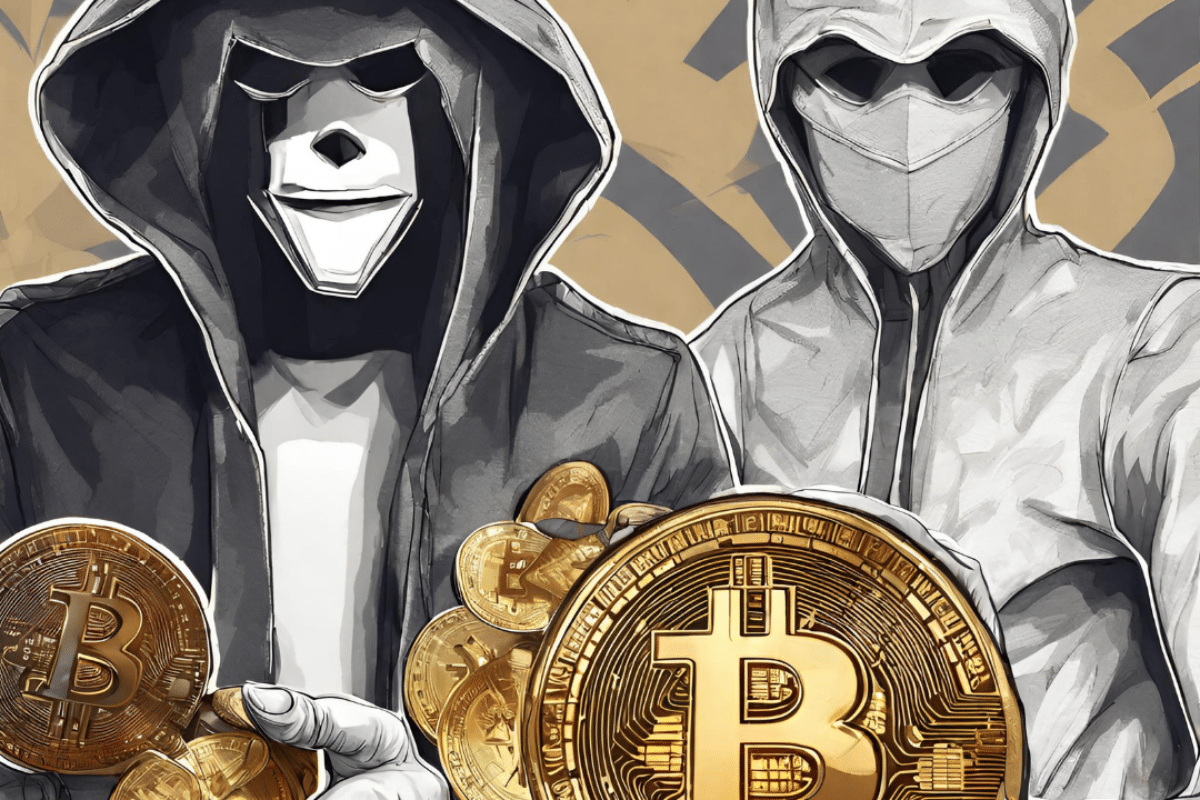A new threat looms over the crypto world. According to a recent analysis conducted by Kaspersky, a malware called "SparkCat" integrates into the software development kits (SDKs) used to create applications available on the Google Play Store and the Apple App Store. This malware is specifically designed to extract recovery phrases of crypto wallets from images stored on users' devices, thus jeopardizing the security of their funds.
Theme Scam
While Elon Musk is launching rockets, his father Errol is catapulting a dubious memecoin. The goal? 200 million, a few family scandals, and a nice dose of crypto chaos.
The crypto world has recently been shaken by the emergence of $Melania, a new memecoin launched by Melania Trump. This token quickly attracted the attention of investors but also raised concerns about the possibility of a Rug Pull, a scam where developers abandon the project after taking investors' funds. These concerns intensified when analysts discovered that nearly 90% of the total supply of the Melania memecoin was held in a single crypto wallet.
The IMF, like a perplexed teacher, advises Kenya to abandon its old recipes for a fresher and more digestible crypto-regulation, not forgetting to eliminate the scammers from the menu.
Indonesia, the largest economy in Southeast Asia, officially joined the BRICS bloc in January 2025, marking a major turning point in the reconfiguration of global economic alliances. This membership significantly strengthens the group's weight, which now represents over 51% of the world's population and 40% of global GDP.
The year 2024 has been marked by a spectacular rise in the value of cryptocurrencies, with Bitcoin reaching an historic peak of $108,135. However, this meteoric growth has also led to a troubling increase in kidnappings and extortions targeting crypto traders and investors.
The numbers are dizzying, the actions are striking: T3 FCU turns USDT into a nightmare for international fraudsters.
On the chessboard of cryptocurrencies, AI is the king of scammers, ruining the French in a game where only fraudsters win.
The recent events on the Hyperliquid platform have highlighted a growing threat in the crypto universe: the involvement of North Korean hackers. Over $256 million was withdrawn from the platform in record time, triggering major concerns among investors and industry observers. Hyperliquid: a platform in crisis facing an unprecedented cyber…
Bitcoin scams are an unfortunate reality in the booming world of cryptocurrencies. Indeed, the exponential success of Bitcoin and other cryptocurrencies has given rise to a multitude of frauds and scams. Therefore, Bitcoin security [Insert link to the main Bitcoin security page] has become a crucial issue. In this article, we will provide you with the necessary tools to detect these frauds and to ensure the security of your investments in Bitcoin and other cryptocurrencies.
Bitcoin, a true barometer of alternative financial markets, has reached a historic milestone by surpassing the $76,800 mark. A staggering figure, indeed, but according to many analysts, it is just the first page of a book that promises to become a bestseller. So, why this meteoric rise, and what else…
The FBI recently took an unprecedented step by launching its own cryptocurrency! This innovative initiative has allowed for the dismantling of a complex network of fraudsters operating in the crypto sector.
Discover which transaction method is the most favored by criminals: crypto or cash? The answer will surprise you.
Binance is facing a Clipper malware issue affecting your crypto transactions. Here are the measures to effectively protect yourself.
Kylian Mbappé victim of a crypto scam! Millions lost, deceived investors. Discover the details of this fraud.
Arrest of Holograph hacking suspects: a major breakthrough in the fight against cybercrime and crypto security.
Crypto: Protect your gains on Hamster Kombat from scammers!
Cryptocurrency and Scams: How fraudsters use AI to trap traders
Cardano's blockchain has thwarted a sophisticated DDoS attack aimed at disrupting its network and stealing stacked crypto. Thanks to a quick and effective response from its development team, Cardano has maintained the integrity of its platform, demonstrating its resilience to cyber threats.
Cryptocurrency holders are vulnerable to hacks through malicious plugins, as evidenced by the attack on Binance!
The cryptocurrency exchange BitFinex was targeted in an alleged massive cyberattack by the infamous hacker group FSOCIETY. However, after a week of panic among users, the threat was found to be largely exaggerated. BitFinex's Chief Technology Officer, Paolo Ardoino, provided clarifications bringing relief about the situation.
The former Bitcoin evangelist, Roger Ver, is facing serious allegations of tax fraud amounting to $50 million!
The blockchain security company Blockaid warns investors: about half of the token launches in pre-sale on Solana recently are believed to be fraudulent. This alarming revelation could shake confidence in this crypto ecosystem.
Coin Metrics conducted a study on attacks against Bitcoin and Ethereum. The result: these cryptocurrencies are immune.
After the discovery of a Binance code on Github containing sensitive information, clients' crypto data is being sold on the darkweb.
The US Commodity Futures Trading Commission (CFTC) warns of the increasing scams fraudulently using artificial intelligence (AI) to attract crypto investors with the promise of whopping returns.
The amount of crypto stolen by hackers decreased in 2023, but the number of attacks continues to increase, according to a recent report.
Many crypto accounts are being falsely reported as spam on X, causing anger within the community. Elon Musk explains!
With AI tools like ChatGPT, scammers can now scam you on dating sites and social networks.
Focus on how AI is transforming the landscape of scams in 2024, highlighting the urgency of adaptation and increased vigilance.





























